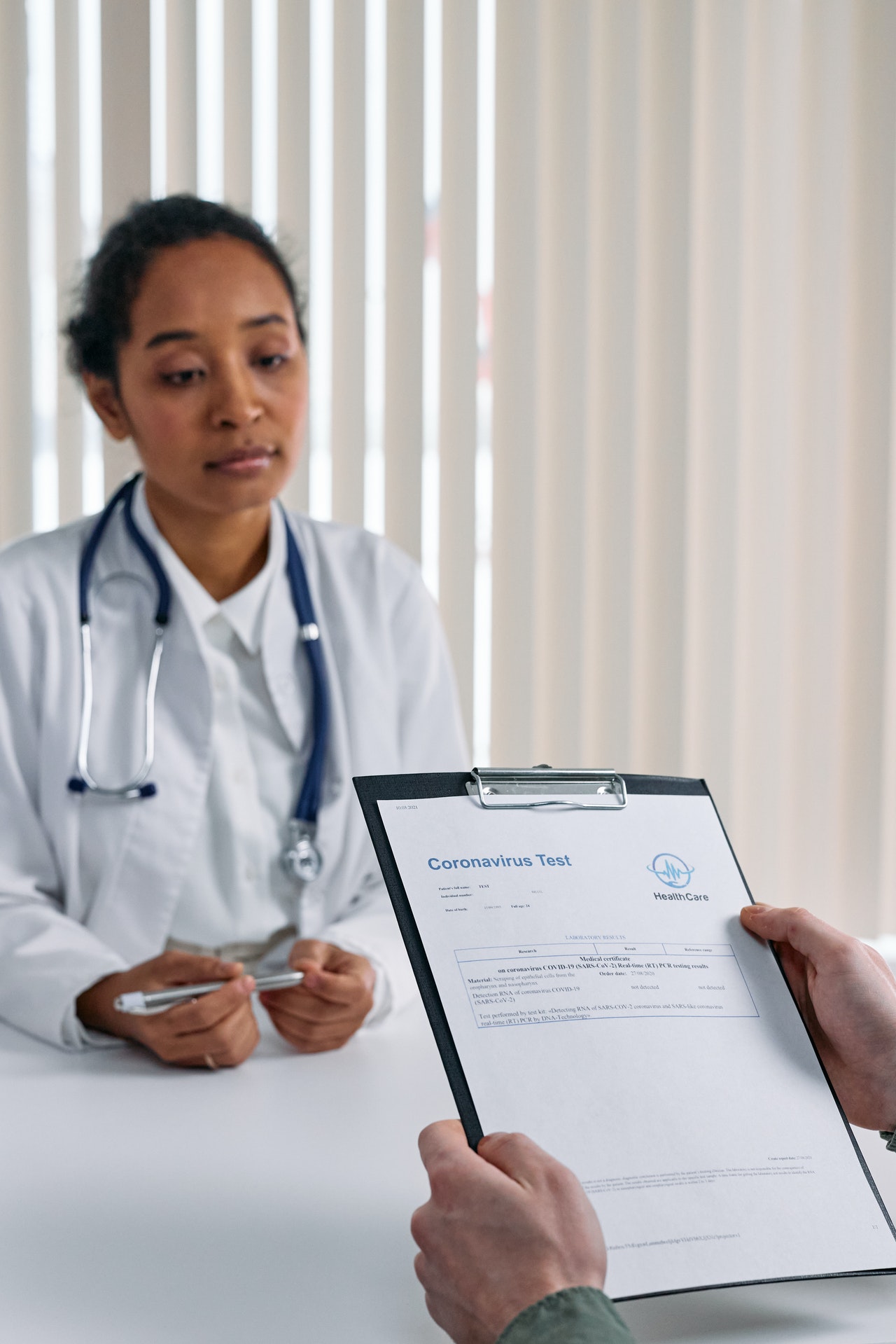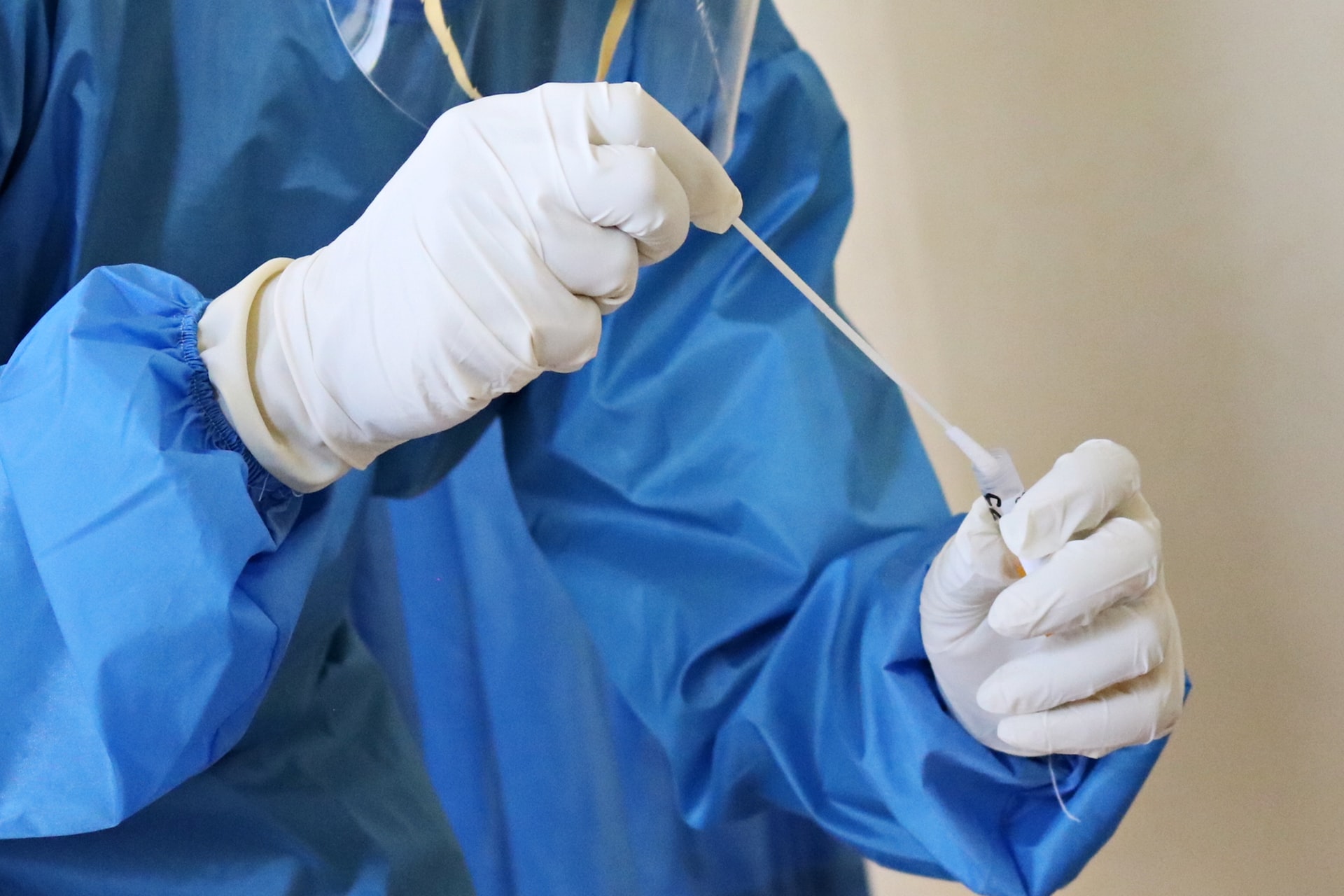In 2020, the most deadly disease of the year was diagnosed in China: the SARS-CoV2. This is a transmittable viral infection that is airborne and can survive for up to 2 hours outside its host’s body. It enters through the respiratory organs and then leads to a great infection if left untreated. Moreover, it has been found to be responsible for the majority of cases of severe acute infections among the global population.
The current outbreak began in China and has rapidly spread through the world infecting millions. Covid-19 is a strain of a virus that causes acute respiratory illness that frequently confuses doctors and nurses, as the symptoms are very similar to those of common flu. Because of this similarity and also since some individuals do not exhibit any symptoms at all, massive-scale testing is in place meant to stop the spread of the virus.
To determine whether a patient possesses a current or potential infection with the Sars-Cov-2 virus, a laboratory can use a variety of different diagnostic methods. Because the current outbreak of this virus is associated with large numbers of patients with acute respiratory illness throat and nasal swabs have proven very effective in determining if a patient has a current infection.
The most widely used diagnostic method used to diagnose SARS-CoV2 is the polymerase chain reaction (PCR) test. In this procedure, a swab sample of a patient is mixed with a reagent that reacts with the amino acid residues on the surface of a virus. If these results are positive, the patient is considered to have been exposed to Sars-Cov-2; therefore, he or she should get isolated for 10 days.
Is It Better To Use An Antigen Or A PCR Test Glasgow?
Antigen tests are the rapid versions of Covid-19 testing, however, they are considered to be less reliable and can only detect high levels of infection. On the other side, PCR tests are more reliable and very effective but require more waiting time and are relatively expensive if we are comparing them to antigen tests. It is advised to inform yourself on the types of testing available when planning a journey outside of Scotland.
It is crucial to double-check the government travel advice for updates on testing requirements as they are constantly changing, and depending on your vaccination status there are a few options that you could choose from.
Vaccinated Arrivals
Due to a less expensive price fully vaccinated passengers, all choose to book antigen tests when coming back to Scotland. But what they fail to acknowledge is that if their antigen test comes positive then they will have to take a PCR test in Glasgow to verify whether they are carrying the virus. So to summarise, it is safer to order your PCR Test Glasgow from the start to save money and time.
Unvaccinated Arrivals
For unvaccinated arrivals, the rules are more strict because they are required to self isolate straight after their arrival and have two PCR tests taken on days 2 and 8. All the tests require booking in advance.

Final Words
Even though the Scottish government is accepting antigen tests for arrivals, PCR tests are still the preferred method of screening for coronavirus infection among passengers. The antigen approval came as a relief for people travelling for business and holidaymakers, but this ultimately puts the whole industry at risk and might lead to a higher rate of infection on the national level. Right now it is up to each of us individually to choose a good testing method to ensure the safety of our families and colleagues.
